I’m gearing up for the release of Exterminate/Regenerate: The Story of Doctor Who in April. This will entail a book tour where I will go around the country talking about it, in bookshops, festivals and wherever will have me.
So far I’ve got events lined up in York, Liverpool, Stratford, Bath, Margate, Shoreham, Laugharne, Belfast, Wendover, Sheffield, London, Lewes, Clevedon and Cardiff. Keep an eye on my events page, where I will be posting further links and details as soon as I have them.
I wondered if you would like a sneak peek inside its pages? Here’s a few standalone paragraphs that will give you a taste. First, here’s a bit about Jon Pertwee and Christopher Robin:
Here’s a bit about Tom Baker’s theft of Humpty from Play School. I was present at this conversation! I think it explains a lot about Tom at that time.
Here’s a curious little detail about the famous 1983 Longleat exhibition:
I also have a celebrity endorsement. Here is a picture of the baby from Eraserhead reading an advance proof:
Someone else who had an advance proof was the author and podcaster Ian Dunt, and this has led to a Doctor Who episode of the Origin Stories pod - which you can find here or wherever your podcasts live. Note that their previous episode - on Elon Musk and fascism - is a must listen.
The book is out on 10th April and I would love it if you would consider pre-ordering. It’s available from my Bookshop.org site here, or here’s a link to Amazon and other booksellers, including audiobook sites.
Hope to see you on the road!
LYNCH AND MYSTERY
The origins of my Doctor Who book lie in a desire to write about mystery. As I see it, there are two distinct types of mystery. The first - let’s call this the Agatha Christie type - involves an ordered, comprehensible world in which some information, such as the identity of a murderer, is missing. But this information can be deduced from examining the wider world, which then returns to its former ordered self, so all is well. Mysteries like this are eternally popular. They are comforting and audiences can’t get enough of them.
Then there are the David Lynch type of mysteries. Here, you encounter a hint of something truly unknown, something far beyond what is currently imaginable, and if the truth is revealed, the world can never be the same again. This is mystery as revelation, with the potential to annihilate all your previous certainties. A mystery like this may never be solved or understood.
Or to put it another way, if the appeal of a Christie-type mystery is the belief that the world can be understood, then the appeal of a Lynch-type mystery is the idea that the world can be overturned.
David Lynch was a product of twentieth century Republican middle America - a world of white fences, Eagle scouts and gosh-darn gee-whiz boyish can-do. His love for the basic goodness he saw in that world is evident, for example in his film The Straight Story. But his work was also about the fear underpinning middle America, and the darkness outside the ordered, rational world. He never shied away from showing that evil. On some level it seems fitting that he leaves us just as the version of Republican America that he came from dies, and the very thing it feared emerges into the light to replace it.
Lynch-type mysteries tend to be shunned by the mainstream, but they linger in the mind in a way that Christie-style mysteries don’t. Once seen, they can never really be forgotten. And the fact that his work affects people so profoundly, I think, can teach us something valuable about the digital world.
In the digital world, the bulk of professional creative work is pretty much available forever and just a click away. We are not starved of good stuff, but we are instead exhausted by endless choice. In this Tinder-ised culture we must constantly swipe left to dismiss, or risk being overwhelmed. This has created an atomised culture with very few shared cultural touchstones.
This endless cultural left-swiping leads to a consequence free culture, because it gets people in the habit of not thinking about the long-term repercusions of their decisions. This creates a world of facial tattoos, ignored climate change and the democratic election of populist nationalists. The most dangerous thing when you are in that culture is that it appears this is all there is.
Culture always benefitted from a thriving, purposeful counterculture that critiqued the mainstream. But in an atomised culture where there isn’t a set mainstream, then how can there be a counterculture to reject it? The answer, I suspect, was given to us by the communication theorist Marshall McLuhan back in 1964, when he told us that the medium is the message. Our culture is not found in the individual unrelated pieces of content that pass endlessly by. Our culture is defined by the medium in which these atomised pieces float - the endless digital stream in our smartphones, algorithmically optimised by billionaires to make us angry anxious and frightened, blaming scapegoats, and shifting voting patterns to the right.
Walking around now, it’s hard to shake the feeling that this is one of the periods of time that people in the future will make films about - that the clothes and buildings we see around us will become a shorthand for a period of crisis, just as they do in films set in the 1930s and 1940s. Those who grew up watching World War Two films always assumed that they would be one of the good guys, so it’s striking how many journalists and public figures are not the brave people they thought they were.
The figurehead of all this is of course Elon Musk, and it has been sobering to watch his descent into madness and fascism. This was not all down to social media poisoning, of course, but that does seem to be a factor. To my eyes he looks haunted, like a man who will not live much longer. Perhaps he is smart enough to know, on some level, two of the most glaringly obvious lessons of history. The first is that fascist governments do not end well and many people suffer. The second is that such governments are inherently unstable and collapse either through internal betrayals or external resistance. The leaders of such movements never know if they are fated to be strung up in an Italian piazza or commit suicide in a bunker, but deep down they know there is no scenario in which they are honoured in old age, reflecting on their positive impact on the world.
But if the medium is the message, and scrolling through the surface froth of endless irrelevant novelty, AI slop and algorithmically optimised hate is our culture, then this still leaves us with the question of what is the counterculture? It is anything that shows you how limited, small, unhappy and manipulative our digital streams are. It is sinking deep and losing yourself in a single work of mystery, art or beauty. It is encountering something much bigger, and the act of being engrossed. It is choosing to watch Mullholand Drive instead of opening social media. It is impossible to immerse yourself in something like that and then emerge blinking back into mainstream consequence-free cultural consumption, and not see it as lacking.
Trapped in our algorithm-forged manacles, it can seem that there is no way out. But as I noted earlier, the appeal of a Lynch-type mystery is the idea that the world can be overturned. That is the type of mystery we need now. It is, after all, the job of counterculture to show the mainstream what it cannot see.
AND FINALLY
Before I go, here’s a couple more things. The Bad Fire, the new album by Mogwai, is finally out and you can find it here. I was very happy to write the press blurb for the album - a slightly mangled version of which you can find here. This came about because Stuart Braithwaite was reading William Blake Vs The World when he was working on the album, which was fitting, as I was listening to their Every Country’s Son album when I wrote that book. Look out for them on tour also!
And speaking of William Blake - I unexpectedly found myself talking about him on the Radio 4 programme Today recently - it’s about 1 hour 45 minutes in. Bonus points to me for getting a mention of the English radical tradition on Radio 4 - that’s a secret plug for a project I’m hoping will come off next year.
But before that - I hope you enjoy the Doctor Who book - It will be with you soon!
jhx





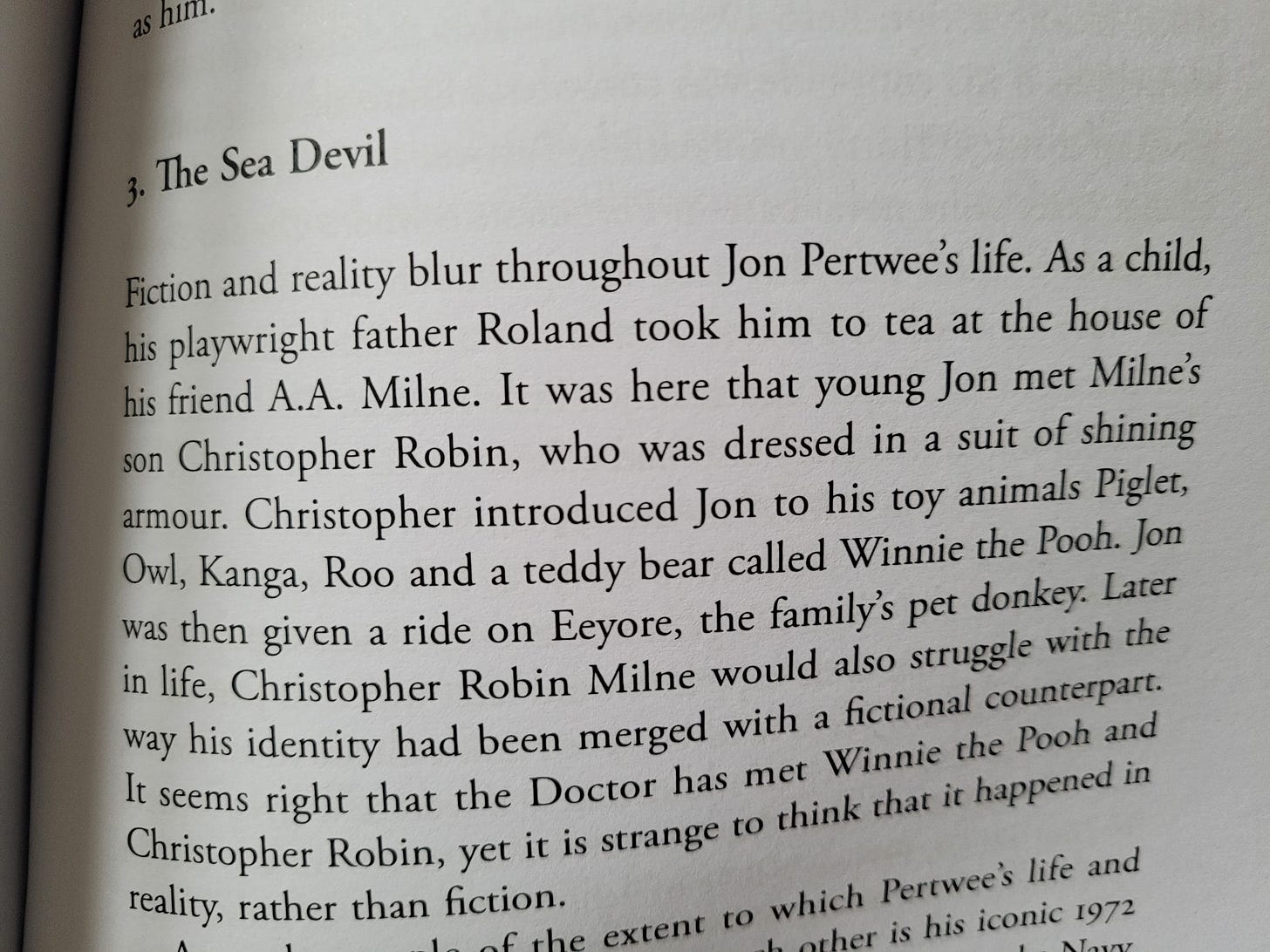
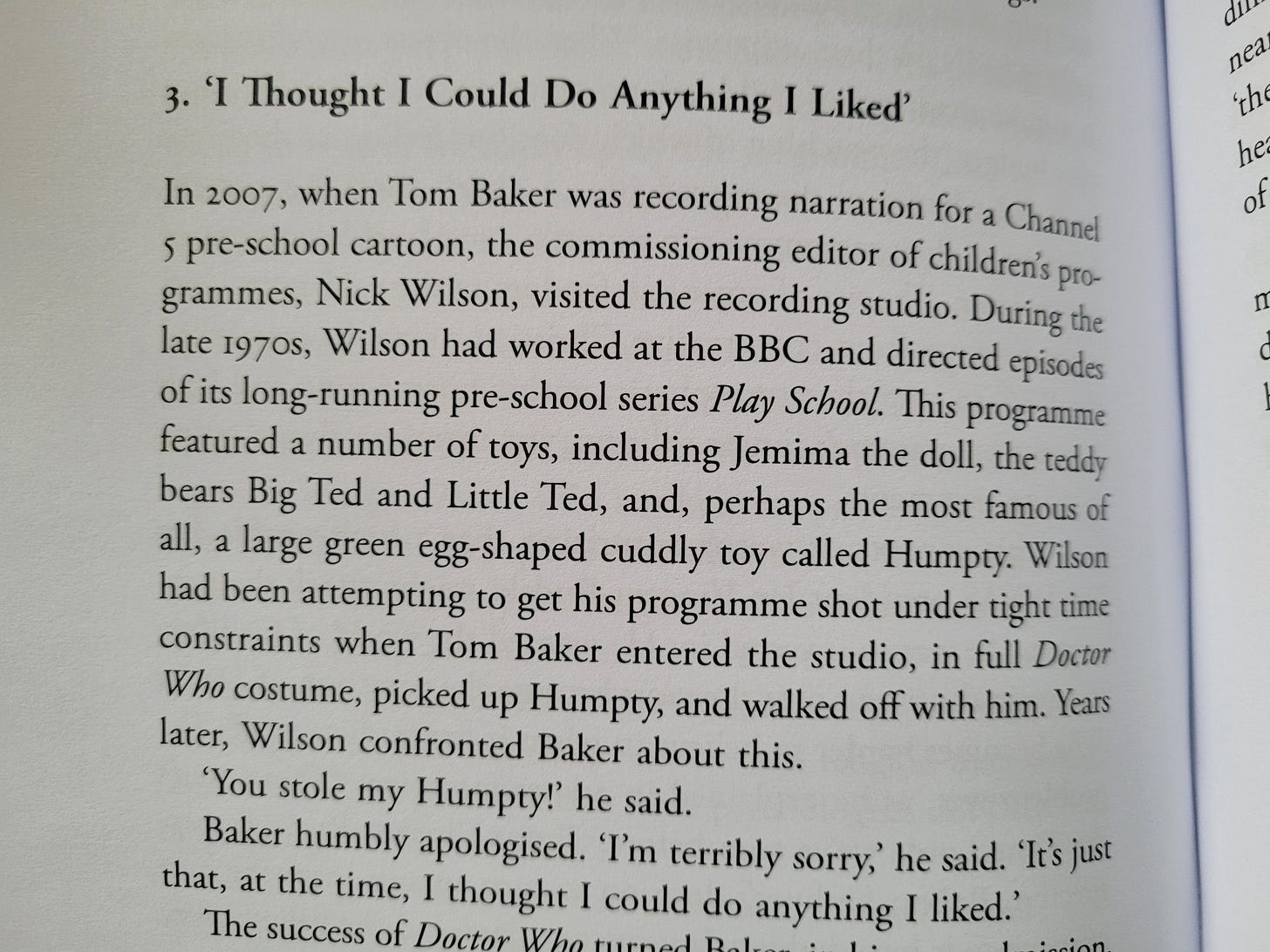

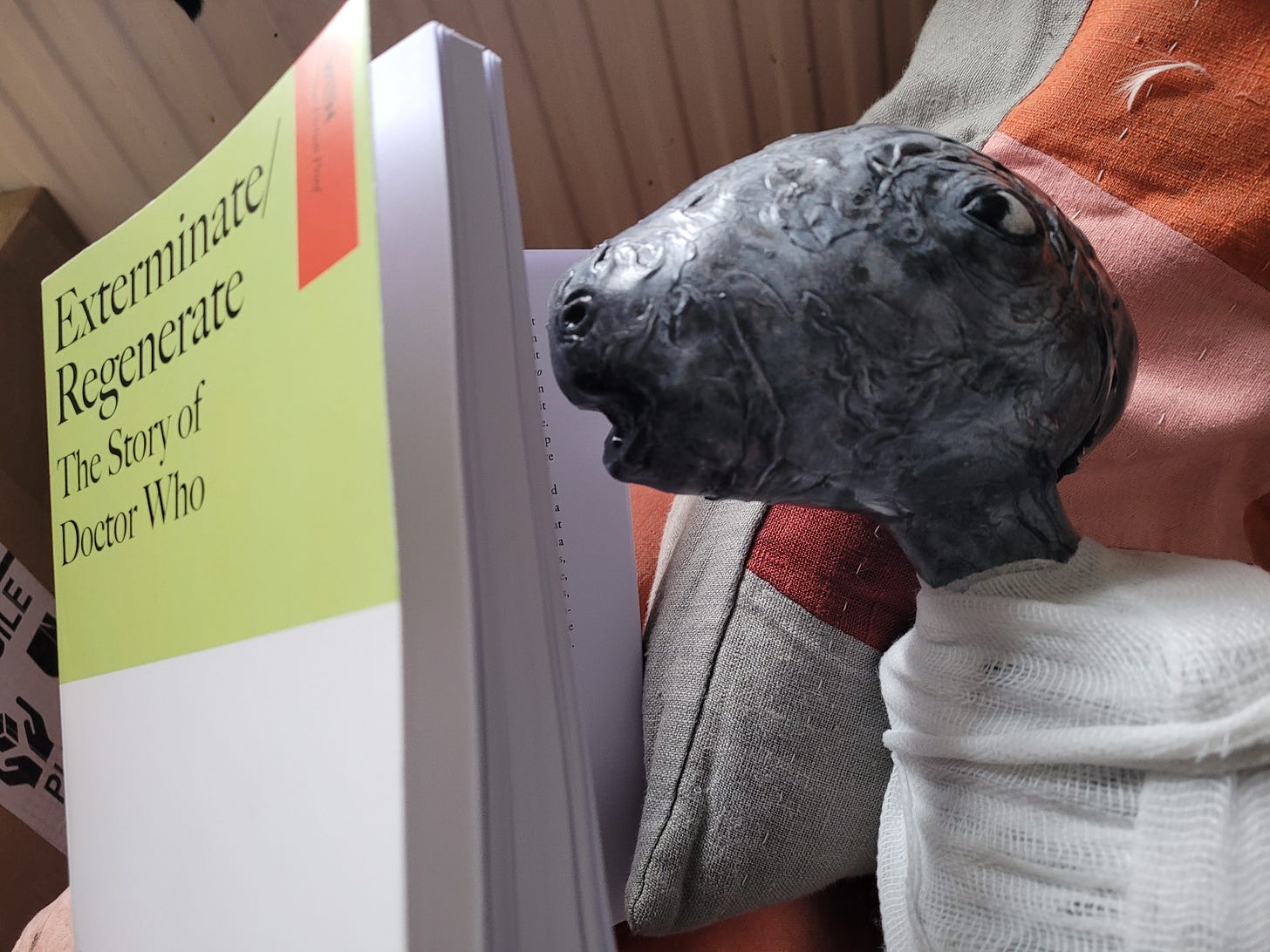
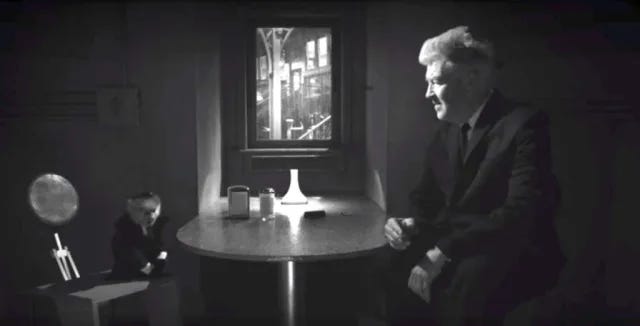

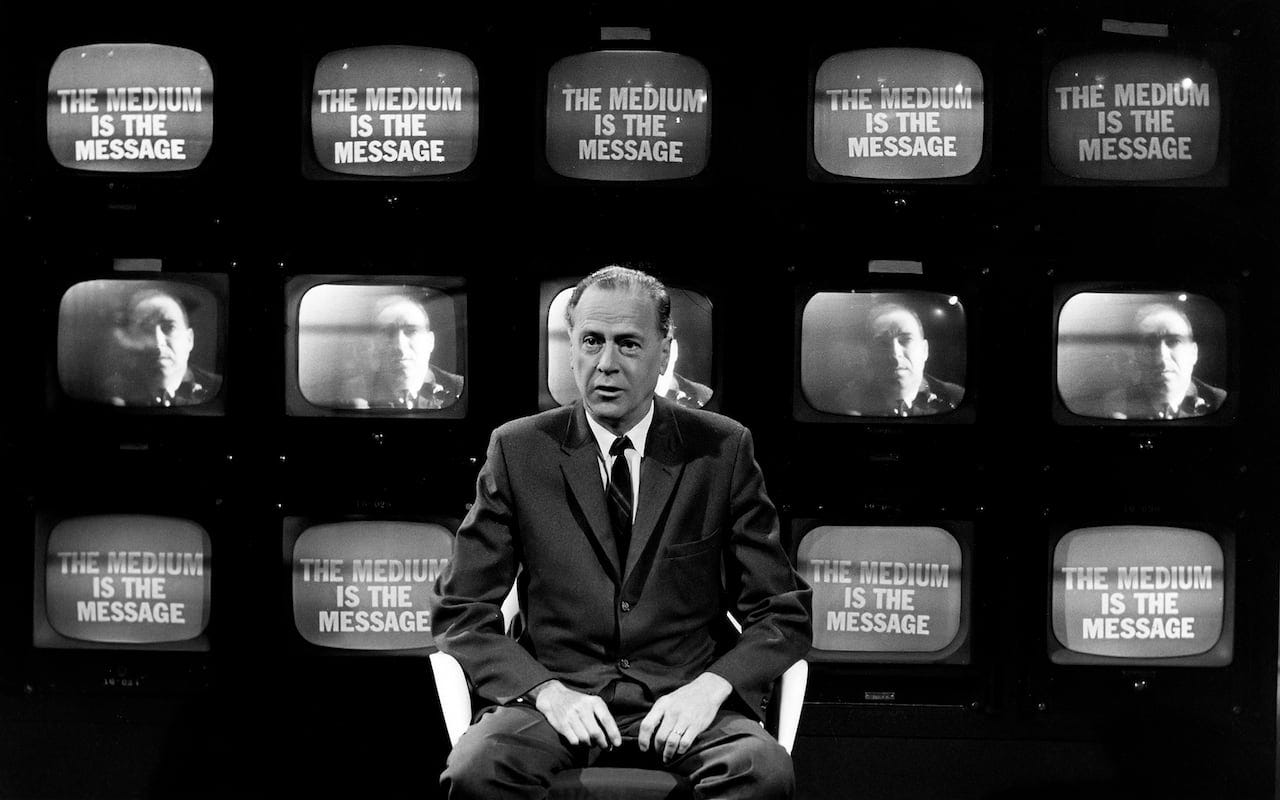

Strung up in an Italian pizza - have you been reading Zaffre Kolinsky?
Speaking of Blake-synchroncities... this happened while I was in London.
https://rosiewhinray.substack.com/p/a-postcard-from-london-bone-hill